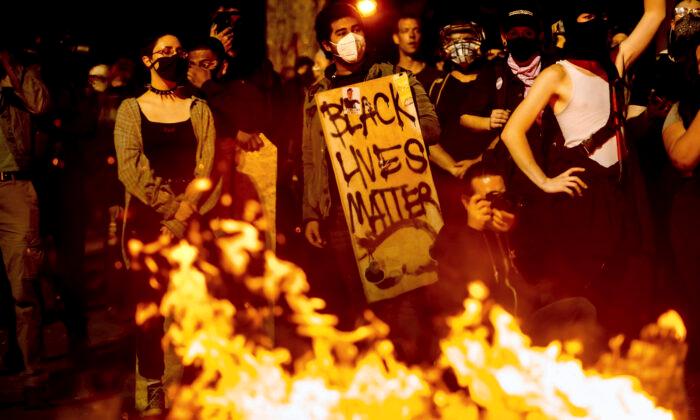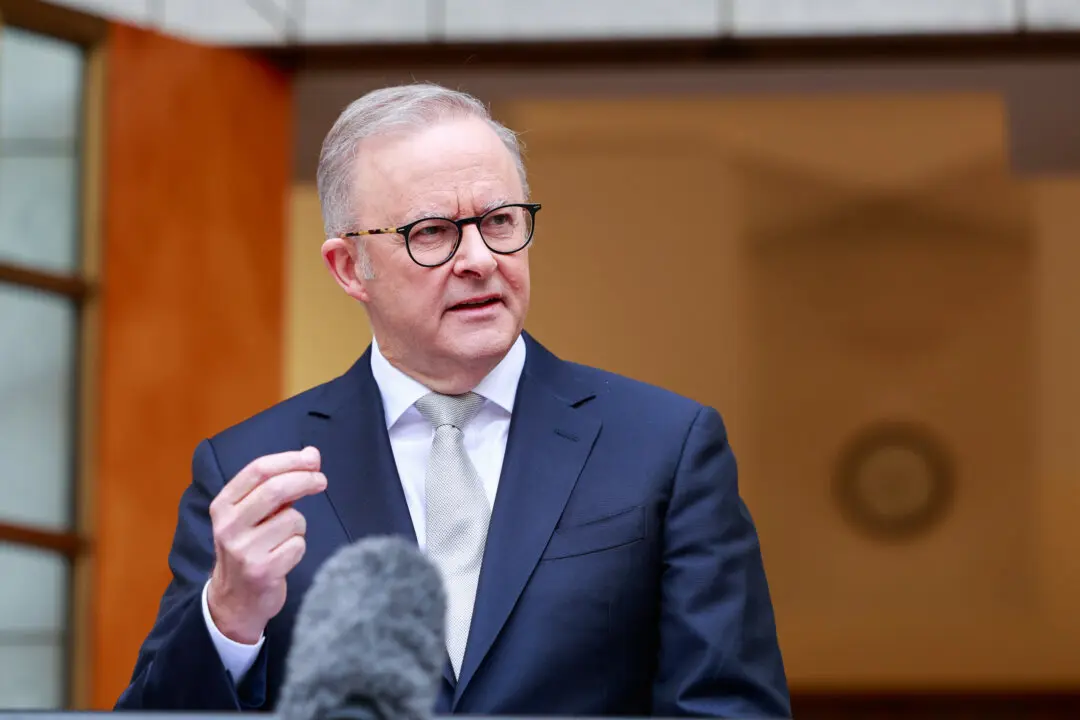Social media platform Twitter played a critical role in helping Black Lives Matter with organising and spreading information during the peak of the movement, according to a new study.
The analysis by the Australian National University looked at 118 million tweets over a two-year period from 2020 to 2021.





